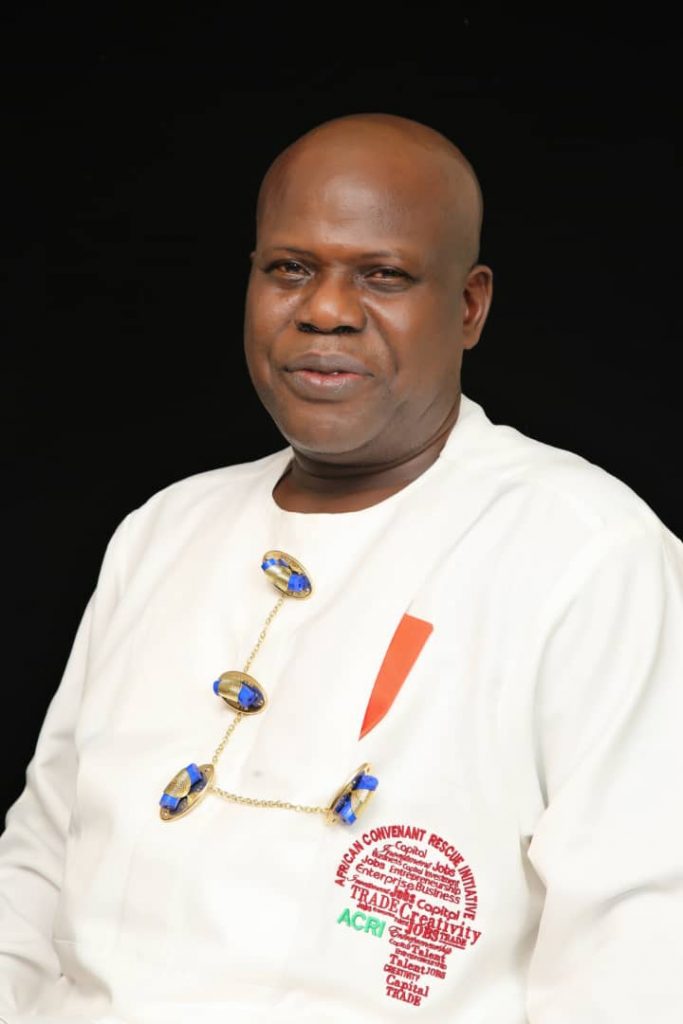The digital economy of today and the near future is completely based on the consumption of information and the commercialisation of knowledge from information. Without this, there would be none of the modern businesses. Every modern generation has expressed this fear. As such, it is evident that the human brain is fully equipped to deal with this phenomenon. It will all be equalised by those who engage and invest in research, as exemplified by the Asian Tiger phenomenon.
The digital economy in Africa started in Cape Town, South Africa, in 1995 when Mark Shuttleworth built Thawte, a leading certificate authority, and sold it to Verisign when Vodacom championed prepaid airtime. The wave then moved to Ghana in 2001. This is relative to the twentieth century which saw the economic rise of Asia through the significant economic rise of the “Asian Tiger” countries (Kojima 2000; UNCTAD 1996).
Accordingly, the twenty-first century has been dubbed the African century (Wikipedia 2016). Tech Crunch, renowned technology media company, recently published an article entitled “The Future Is African” (Nash 2015), which aptly described how Africa is unleashing innovation by combining mobile and Web technology to lead the world in the twenty-first century.
Africa should begin to think big about digital development. At the current, incremental pace of economic and social advancement, too many of Africa’s expanding youth population will be denied the opportunity to live up to their potential. Digital technologies offer a chance to disrupt this trajectory – unlocking new pathways for rapid economic growth, innovation, job creation and access to services which would have been unimaginable only a decade ago. Yet there is also a growing ‘digital divide’, and increased cyber risks, which need urgent and coordinated action to mitigate.
Interestingly, tradition is defined relative to the period, level of human development and knowledge at a given time, otherwise stagnation abides. Although, inordinate choices and inconsequential lawlessness especially by the potentates of the society could be counterproductive, as exemplified by the current situation in Nigeria.
The future is already here. What is available technologically has not been fully activated for commercialisation yet. We are already in the age of knowledge and scary imagination. Even technology ethics is currently undergoing serious reconsideration as we navigate through the 4IR.
Instructively, the Fourth Industrial Revolution ‘4IR’ created an increase in employment opportunities. Wages at factories were higher than what individuals were making as farmers. As factories became widespread, additional managers and employees were required to operate them, increasing the supply of jobs and overall wages.
Consequently, we stand on the brink of a technological revolution that will fundamentally alter the way we live, work, and relate to one another. In its scale, scope, and complexity, the transformation will be unlike anything humankind has experienced before. We do not yet know just how it will unfold, but one thing is clear: the response to it must be integrated and comprehensive, involving all stakeholders of the global polity, from the public and private sectors to academia and civil society.
Ultimately, ‘4IR’ will hasten the speedy attainment of a high standard of living, quality of life and well-being for all, ending poverty, inequalities of income and opportunity; job creation, especially addressing youths unemployment; facing up to the challenges of rapid population growth and urbanization, improvement of habitats and access to basic necessities of life – water, sanitation, electricity; providing social security and protection; well-educated citizens and skills revolutions underpinned by science, technology and innovation, development in Africa’s human and social capital (through an education and skills revolution emphasizing science and technology).
In conclusion, the (4IR)– characterized by the fusion of the digital, biological, and physical world, as well as the growing utilization of new technologies, such as artificial intelligence, cloud computing, robotics, 3D printing, the internet stuff, and advanced wireless technologies, among others—has ushered in a new era of economic disruption with uncertain socio-economic consequences for Africa. However, Africa has been left behind during the past industrial revolution. The big question is will this time be different?
Africa arise and shine!
Richard Odusanya is a Social Reform Crusader and the convener of AFRICA COVENANT RESCUE INITIATIVE ACRI
